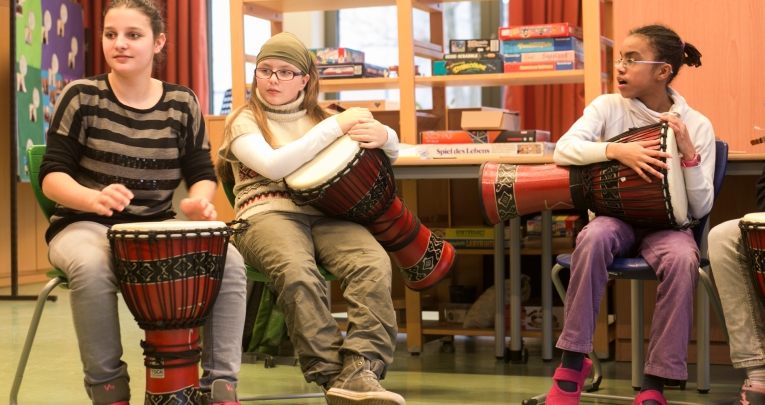EQUALS’ formal SLD/MLD Curriculum is for pupils working consistently below age-related expectations…
What would a curriculum look like?
Click image to enlarge
Taken together, seven in-depth and detailed schemes of work, consisting of Maths, English, Independence, The World About Us, Outdoor Schooling, Physical Well-Being and Play & Leisure, would form a broad and balanced holistic curriculum that fully meets the needs of pupils struggling within a conventional National Curriculum model.
Would this need to be broken down into key stages?
The schemes of work could be non-key stage specific, so that pupils work at levels appropriate to their developmental stage.
What about behaviour?
Both engagement and motivation should be at the heart of any such scheme of work. Issues relating to challenging behaviour and pupils’ mental wellbeing should be intrinsically woven into the fabric of the whole curriculum from the word go.
How many pupils would this involve?
This would be designed for that very small percentage of the school population, perhaps as low as two per cent (Einfeld and Emerson, 2001), who have learning difficulties to such a degree that they are consistently working at levels considerably below their age-related peers for all of their academic lives, across all or most academic areas.
In England, such pupils will probably be regarded as having moderate learning difficulties (MLD) or more likely, severe learning difficulties (SLD).
What about Autism?
Some, perhaps many, of this population may also have a diagnosis of an autistic spectrum condition (ASC), but it is the level of the individual’s learning difficulties that is of concern here.
That is, the existence of autism may affect how the pupil is taught, but the existence of this severity of learning difficulty will affect what the pupil is taught.
What does SLD – Severe Learning Difficulty – encompass?
Irrespective of the existence of an additional ASC, Imray and Colley (2017) regard the term SLD as encompassing, to a greater or lesser degree:
- Communication difficulties
- Difficulties with abstract concepts
- Difficulties in concentration and attention
- Difficulties with both short-term and long-term memory
- Difficulties with sequential memory
- Difficulties with working memory
- Inefficient and slow information processing speed
- Insecure general knowledge
- Poorly developed strategies for thinking and learning
- Difficulties with generalisation and problem solving. (Imray and Colley, 2017, p38)
Children and young people experiencing such difficulties will be working, consistently and over time, at academic levels below or at the earliest levels of the UK National Curriculum.
Click image to enlarge
To find out more visit equals.co.uk or contact Paul Buskin, Strategic Development Manager, on 0191 272 1222 or by email on paul@equalsoffice.co.uk.












